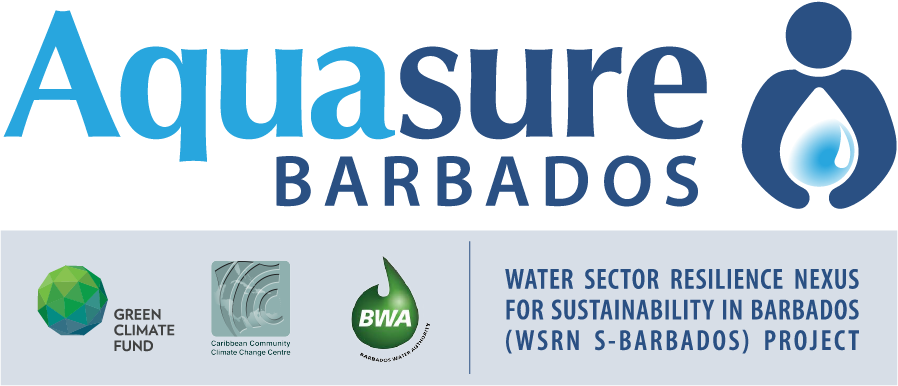Fresh water is a scarce resource on the small island of Barbados. With few streams and rivers above ground, most freshwater is sourced from aquifiers beneath the island. Wells and boreholes allow access to water from these underground caves and streams. But climate change is causing sea levels to rise, resulting in salt infiltration that reduces even further the supply of freshwater. As water becomes more scarce, it is even more important to use it wisely. Water conservation is a necessity if Barbados is to adapt to the impacts of climate change, and ensure that all Bajans have access to clean water supplies.
The installed solar power at water pumping stations will result in greater resilience for the water system, and will reduce the carbon footprint of the Barbados Water Authority (BWA). But it will also significantly reduce energy costs for BWA, and those savings, together with other grants provided by GCF, will be reinvested to boost resilience and adaptation to climate change.
The Water Loss Resilience initiative, one of the initiatives within the WSRN-S Barbados project, will build resilience to climate change and reduce disruptions in water supply. This will include creating a smart distribution network, updating the ageing mains water distribution system, and replacing old and defective mains pipes that result in leaks and water loss that can be ill-afforded in such a water scarce environment.
Some of the island’s water pipes date back over 150 years, and they are showing their age. The system experiences frequent leaks, and BWA tries to manage a balancing act of keeping water pressure high enough to reach far-flung households, but not so high that it causes more ruptures in ancient pipes. The result is that much precious water is lost before it can get to the consumer. A programme of upgrades such as this one in St Johns is urgently needed, replacing corroded cast iron pipes with modern PVC.
Climate change is stretching even further the ability of BWA to maintain water supply across the island. Households experience water insecurity, with frequent outages in some parts of the country that can sometimes last for weeks. One initiative funded by GCF is the installation of potable tanks. These provide a local store of water, with an attached pump that kicks-in to supply the household, school, or business with water if the mains system cannot do so. These tanks can build the resilience of islanders, ensuring that there is still access to water even after severe tropical storms. Households with vulnerable consumers – whether older people or those with disabilities – have been prioritised for this programme, and 1,500 such personal water tanks will be provided under this project.
Schools are particularly vulnerable to insecure water supply. At Ellerton Primary School, water is needed for drinking, sanitation, and to prepare the food for school meals for pupils. If there is no water available, then the school will often have to close. As well as disrupting education, this also has an economic cost, as parents who rely upon the school for day-care are unable to work. A potable water tank and pump has been installed at Ellerton to protect against lack of water during the dry season. If the mains water supply fails, then the pump can supply freshwater from the storage tank, ensuring access to drinking water, and continuity for the pupils’ education.
GCF is supporting Small Island Developing States like Barbados to adapt to the impact of climate change. Thanks to the partnership between GCF, CCCCC and BWA, the WSRN-S project is showing how water security can be sustainably maintained on small, water-scarce islands.

